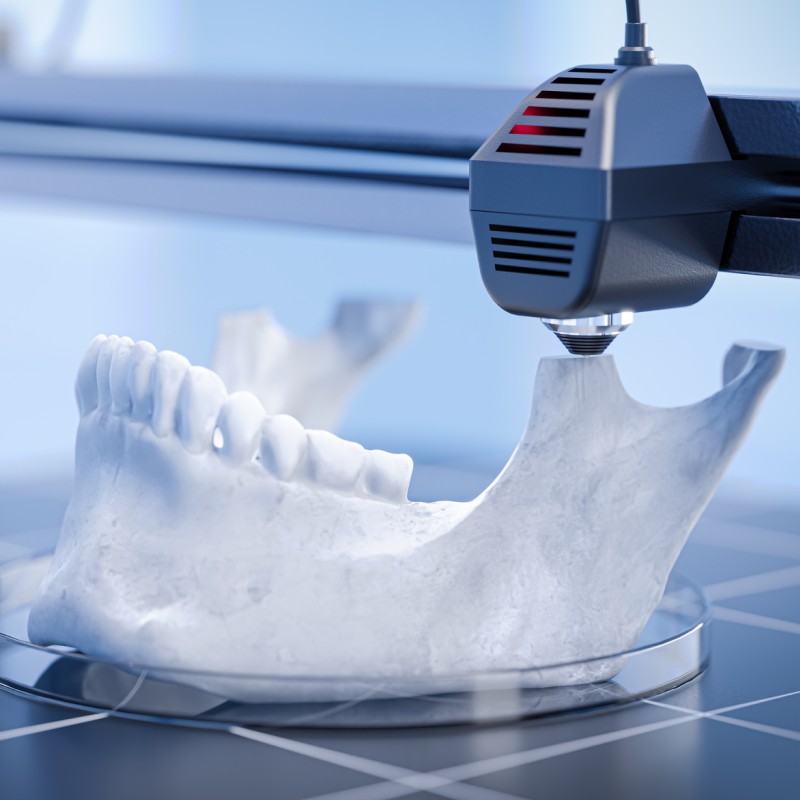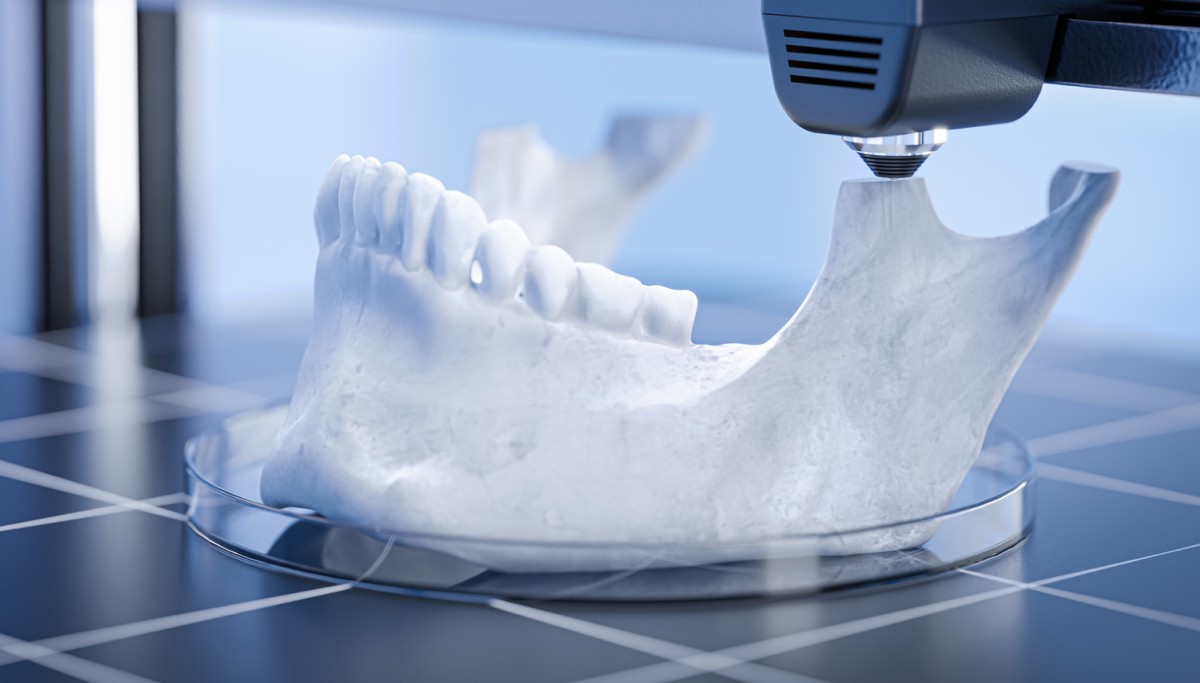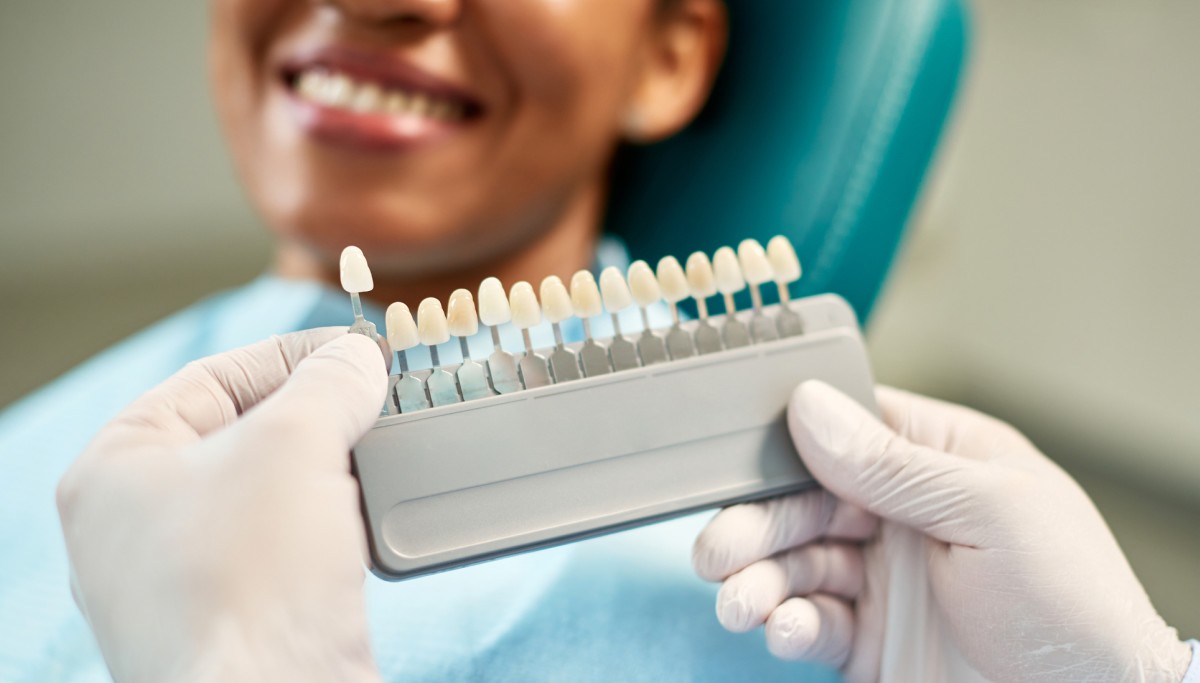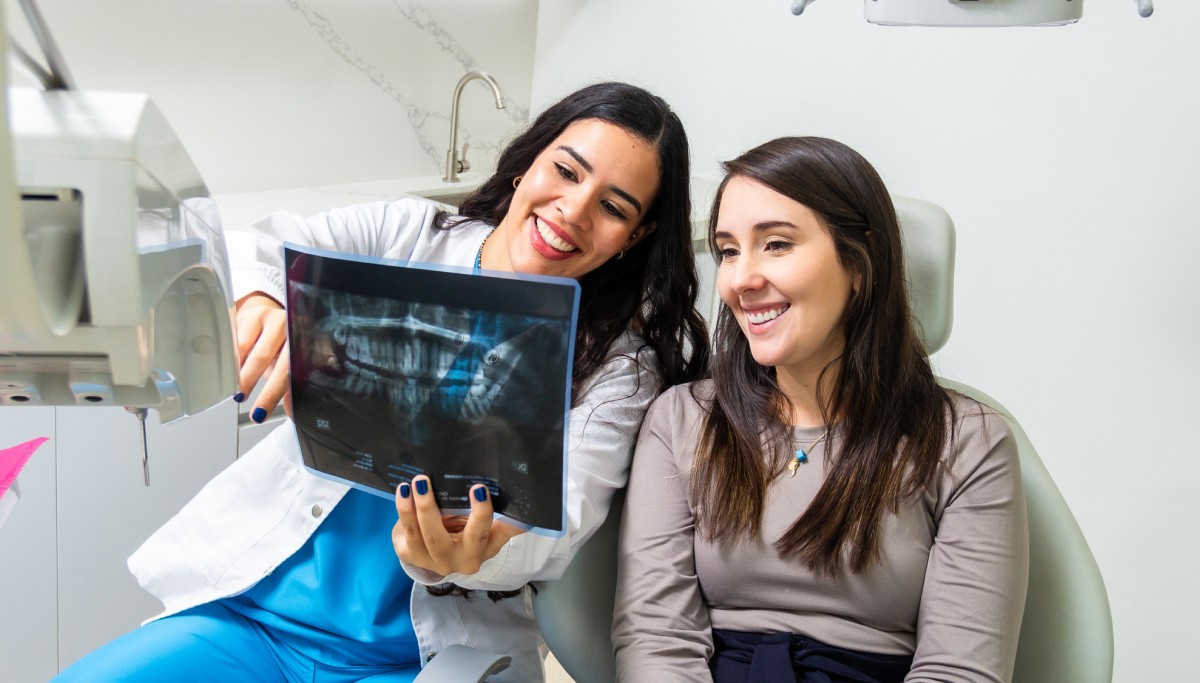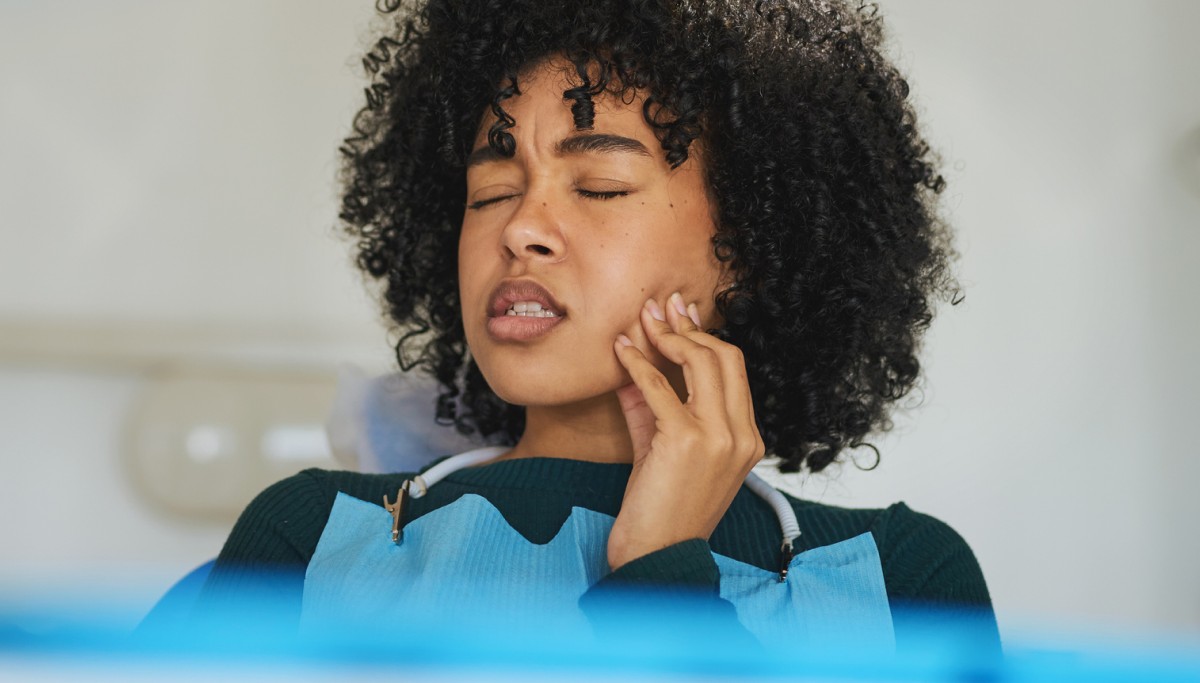How technology is transforming dentistry
Technologies like 3D printing, laser dentistry and AI are revolutionizing dental care, making procedures quicker, less painful and sometimes even more affordable.
3D printing
3D printers allow dentists to create precise and personalized dental implants, crowns and even dentures right in the office. This not only speeds up the entire process, but also improves the accuracy and fit of these pieces. And it’s usually more affordable as well.
Robotic dental surgery
Robotic dental surgery involves robotic systems that are used to assist in surgical procedures. These systems enhance precision and control during operations, which reduces human error and improves patient outcomes. This is because robotics in dental surgery allows dentists to perform complex procedures with enhanced visibility and accuracy. Robotic dental surgery also opens up the possibility for remote surgery, where dentists can perform procedures from a distance, expanding access to specialized dental care to more underserved areas.
Laser dentistry
Lasers stand for “light amplification by the stimulated emission of radiation.” Laser dentistry uses focused light beams to perform a variety of dental procedures, from cavity detection to treating gum disease. This method is significantly less invasive than other traditional techniques, often reducing the need for anesthesia and minimizing bleeding and swelling. For patients, this means less chance for infections and faster recovery times.
Artificial intelligence (AI)
Like most industries, AI is making headway in dentistry. Most notably, AI can be used to enhance diagnostic precision. AI algorithms can analyze dental imaging faster and often more accurately than human eyes, identifying issues such as cavities, bone loss or even early signs of oral cancers. This leads to earlier and more effective interventions.
Smart toothbrushes
Smart toothbrushes incorporate technology that connects to mobile apps. These toothbrushes provide feedback on brushing habits, helping improve your oral hygiene at home. They can also monitor areas you consistently miss, the pressure you apply and the duration of brushing, providing personalized data and tips for better dental care routines. This data can also then be shared with your dentist to enhance the personalized brushing insights in the app.
Each of these technologies bring unique advantages to the dental field, revolutionizing traditional methods and improving patient experiences. Maybe you will even experience some of these incredible advancements first-hand.
Does my HSA cover cosmetic dental procedures?
Not all health expenses can be paid for using your HSA. Here’s what you can and can’t use your HSA cash for.
Get the most out of your benefits
For many people, it’s open enrollment season – but what does that actually mean?
The connection between stress and TMJ
Clenching your jaw from stress can cause damage to your teeth, but did you know it can also cause long-term jaw pain?




